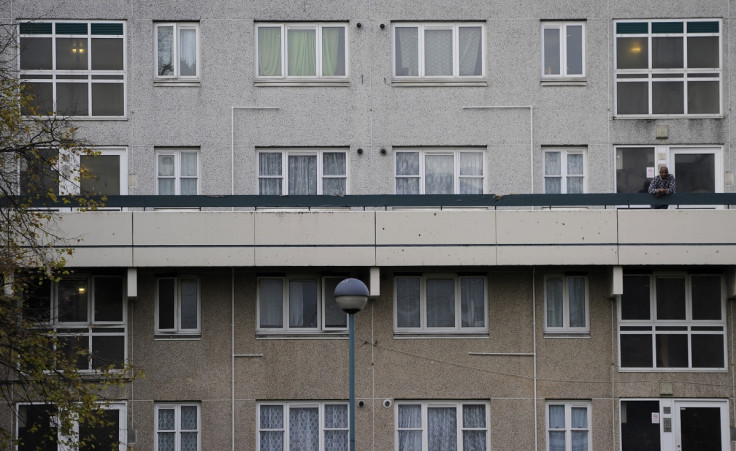Hundreds of Thousands More UK Households Fall Into Income Poverty

Another 600,000 households in the UK slipped below the poverty line during the 2012/13 year as higher rents and tumbling wages bit down on family finances, according to official figures.
The Department for Work and Pensions (DWP) said in a report that there were 14.6 million households in absolute income poverty during the year, having risen from 14 million in 2011/12.
This, which the DWP report said is statistically insignificant, is after the effect of housing costs are applied to household incomes.
Before taking housing costs into account, the number of individuals in absolute poverty fell by 200,000.
Poorer households have seen bigger increases in their relative housing costs compared to the population as a whole, with rents rising twice as fast as pay on average in the UK.
And those in work have seen a real-terms fall in wages, with pay growing at a slower rate than price inflation since the financial crisis.
This has actually narrowed income inequality. But the government's cuts to welfare payments, such as the notorious "bedroom tax", which reduced housing benefit for recipients with spare rooms, have mostly come into effect after 2012/13 and are yet to be reflected in the figures.
So benefits had risen as quickly as prices, propping up households with the lowest incomes, whereas those in work saw a real-terms cut in their incomes due to falling wages – narrowing the gap between them and the bottom.
"Benefits account for a relatively large share of household income towards the bottom, whereas earnings account for a relatively large share further up," said the Institute for Fiscal Studies (IFS), commenting on the DWP figures.
"After almost two decades in which inequality had changed little, this was enough to return inequality to its lowest level since 1996–97.
"We would, however, expect to see recent falls in inequality start to unwind in future releases of data for 2013-14 and beyond, as real earnings stop falling, while cuts to working-age social security entitlements accelerate."
Inclusive of benefits and after tax and housing costs, the poverty line for a childless couple is defined by the DWP as £235 a week.
"Relative poverty is the most commonly used poverty line and this shows the number of people in poverty has fallen by 100,000 over the past year and in-work poverty fell, with 200,000 fewer working-age adults in families where someone works in poverty," said a DWP spokeswoman.
"The percentage of individuals in relative poverty is now at the lowest level since the 1980s. Child poverty remains at its lowest level since the 1980s having fallen by 300,000 since 2009-10.
"In terms of the cost of living, these figures relate to data up to April 2013. Since then, the economy has grown by 3%, which is not accounted for in this release. The latest ONS statistics show that Real Household Disposable Income increased by 2.1% in the year to Q1 2014.
"The government has taken action to support families, including the largest-ever increases in the income tax personal allowance, funding successive council tax freezes and increasing the National Minimum Wage. With the economy growing, we have just seen the largest rise in employment for over 40 years and unemployment is falling."
© Copyright IBTimes 2025. All rights reserved.






















